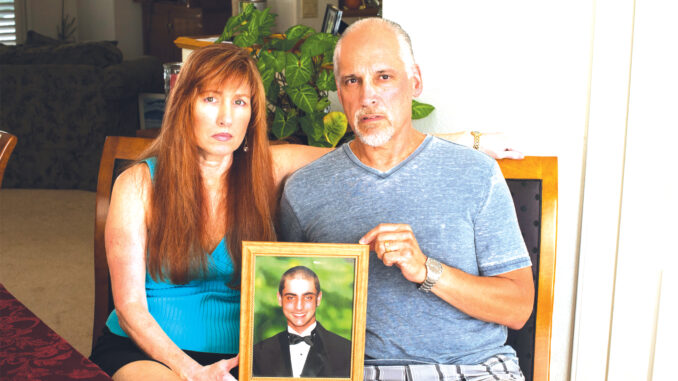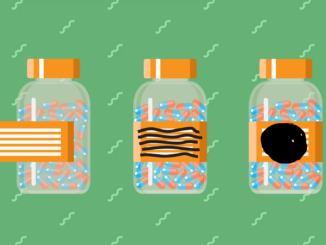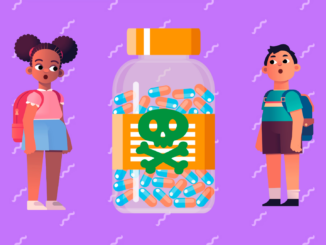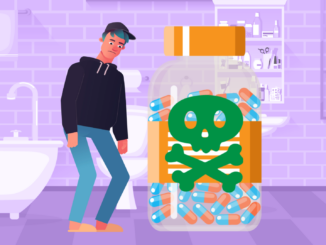
Parents raise awareness of prescription medication abuse after son’s death
When Ric Torchon received a phone call at 3 a.m. from his son’s ex-girlfriend, his heart sank. It was his and his wife Jeanette’s worst nightmare: On December 1, 2012, their son Alec Jacob Torchon, known as “A.J.” to his family and friends, died in his apartment due to prescription medication abuse. He had taken the prescription medication Opana. The drug — stronger than both OxyContin and Vicodin — is typically given to terminally ill cancer patients for pain relief. The powerful dose of the opioid caused A.J.’s body to go into respiratory arrest.
A.J. didn’t fit the stereotype of someone who would lose his life to a drug overdose. He’d maintained a 4.167 GPA in high school and went on to major in biopsychology at UC Santa Barbara. A sophomore at the time, he also worked 30 hours a week at the UCSB Recreation Center. Before his life was tragically cut short, Ric and Jeanette say A.J. may have been the happiest he had been in his entire life. But the choice to experiment with a prescription painkiller was a one-time mistake that cost him his life. And losing A.J. created a ripple-effect through the lives of his family that will last forever, his parents say.
Ric and Jeanette talked to their son regularly about the consequences of using illegal drugs and alcohol. But neither was aware that prescription medication abuse was such a growing problem. They weren’t sure where A.J. obtained the drugs that cost him his life.
“If we had known about the problems with prescription pain medication, we would have had a different conversation with our son,” Ric says.
Prescription medication abuse is on the rise due to an increase in accessibility. According to the Centers for Disease Control and Prevention (CDC), three out of four drug overdoses are now caused by prescription painkillers.
In 2011, the CDC declared prescription drug abuse an epidemic, while the White House defined it as “the nation’s fastest growing drug problem.” But despite the growing number of deaths attributed to overdosing on prescription medication, Ric and Jeanette say many who are affected by the issue choose not to talk about it because of the surrounding stigma.
“Just because your loved one died of an overdose, it does not make them bad people or you a bad parent,” Jeanette says.
Shortly after their son’s death, Ric and Jeanette founded a nonprofit in their son’s honor. The Alliance to Change Actions and Attitudes is an effort to raise awareness and provide education about the deadly consequences of alcohol and drug use.
“We wanted something good to come from this,” Jeanette says. “We didn’t want his death to be in vain.”
Their efforts include educating the public about how easy access to prescription medication fuels the epidemic of abuse.
“Because this medication ins prescribed by a doctor, there’s an inherent feeling that the pills are safe — they are not,” Ric says. “More people die from prescription medication overdoses than heroin and cocaine combined.”
To keep your medications from being intentionally or accidentally misused, find a safe disposal drug take-back bin near you at medtakebackcalifornia.org.
Read more stories about med bins in California’s Central Valley, High Desert, Los Angeles/Ventura, North Central Valley, North Coast, Orange County, Rural Mountains, San Diego, South Central Valley.
Brought to you by the California Drug Take-Back Program and the California Product Stewardship Council.
Recent facebook posts from California Product Stewardship Council

The California Product Stewardship Council (CPSC) is a powerful network of local governments, non-government organizations, businesses, and individuals supporting policies and projects where producers share in the responsibility for managing problem products at their end of life.
CPSC is California’s thought leader and expert on Product Stewardship and the Extended Producer Responsibility (EPR) movement.
EPR enjoys the support of more than 26 million Californians. That’s nearly 70% of the state's population! Nearly 150 resolutions have been passed by California local jurisdictions and organizations supporting a more sustainable and toxic free environment through product stewardship. CPSC works closely with companies who have redesigned products for reuse as well as those who have established pilot or permanent collection programs with some sharing of costs with others in the product chain.
California Product Stewardship Council



